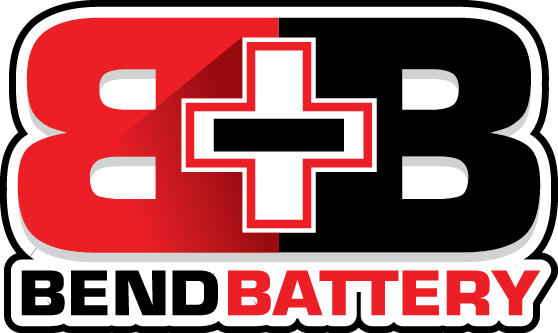The Growing Risk of Power Outages
Severe weather, wildfires, grid failures, and equipment breakdowns are causing outages more frequently than ever. For homeowners, this isn’t just an inconvenience—it can affect safety, food storage, work-from-home setups, and medical devices. A reliable emergency backup power system is no longer a luxury; it’s peace of mind.
What’s at Stake Without Backup
Consider what happens when the power goes out unexpectedly. Refrigerators and freezers stop, leading to food spoilage. Heating or cooling systems shut down, leaving families vulnerable in extreme weather. For households with well pumps, water access disappears. For many, these disruptions quickly escalate from uncomfortable to dangerous.
Options for Backup Power
Traditional generators are often the first solution people think of, but they bring challenges: constant refueling, noise, and emissions. Today, homeowners have alternatives. Battery-based systems paired with solar can store energy quietly and cleanly, ready for use when needed. Inverter systems ensure a seamless switchover so lights stay on without a blink.
Benefits Beyond Outages
Backup systems aren’t just for blackouts. They can also reduce electricity bills by storing solar energy for use during peak utility hours. For remote or rural homes, they provide reliable daily power where the grid is weak. Many homeowners find the investment pays back in both savings and peace of mind.
Taking the First Step
Start by evaluating your household’s critical loads: refrigeration, lighting, heating, medical devices, and communications. From there, a system can be sized to keep those essentials running through an outage of hours—or days. Reliable emergency backup power turns unexpected disruptions into manageable events, giving families security in uncertain times.


Share:
Emergency Power for Small Businesses: Protecting Revenue and Reputation
Building Community Resilience with Emergency Backup Systems